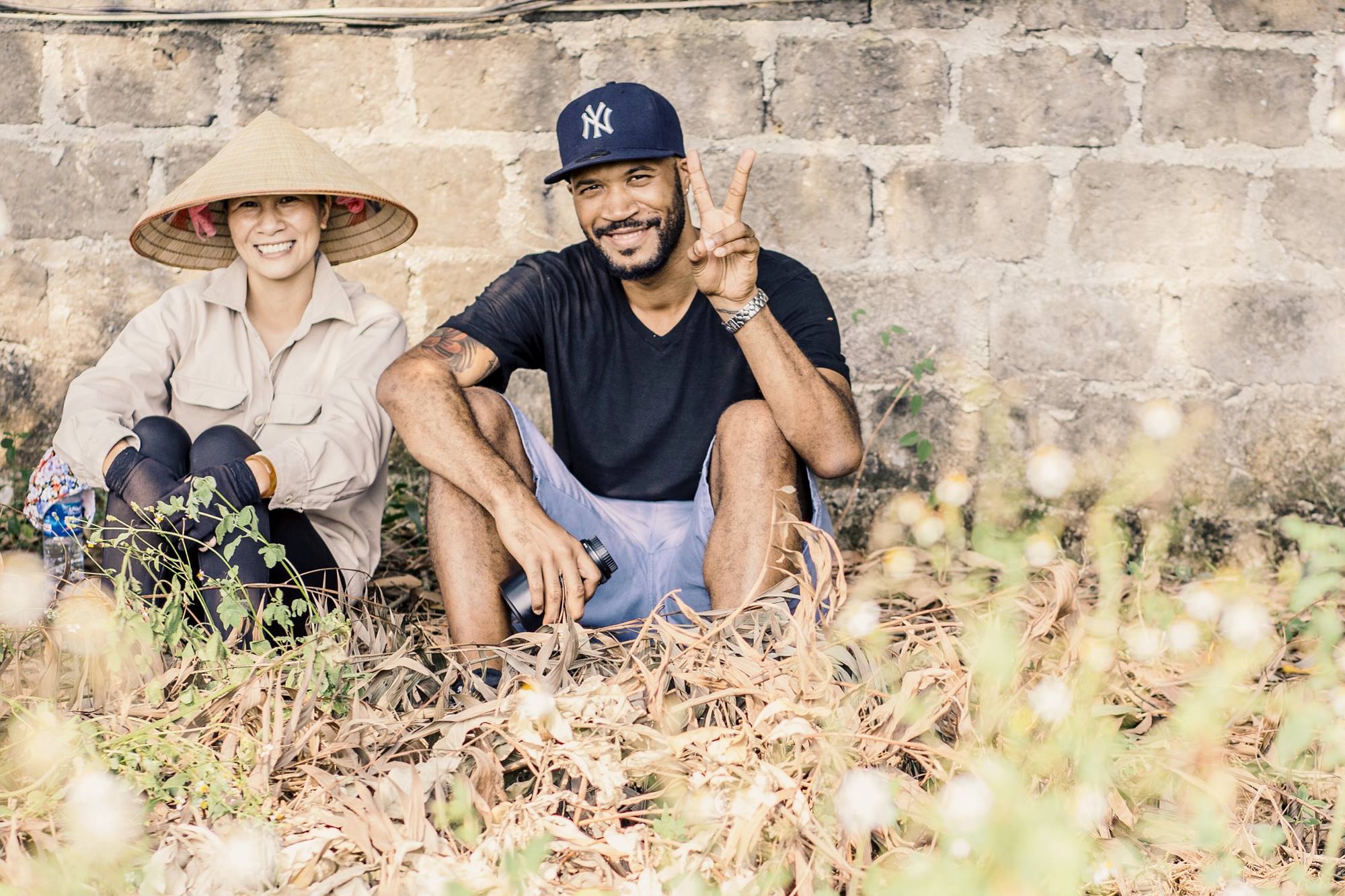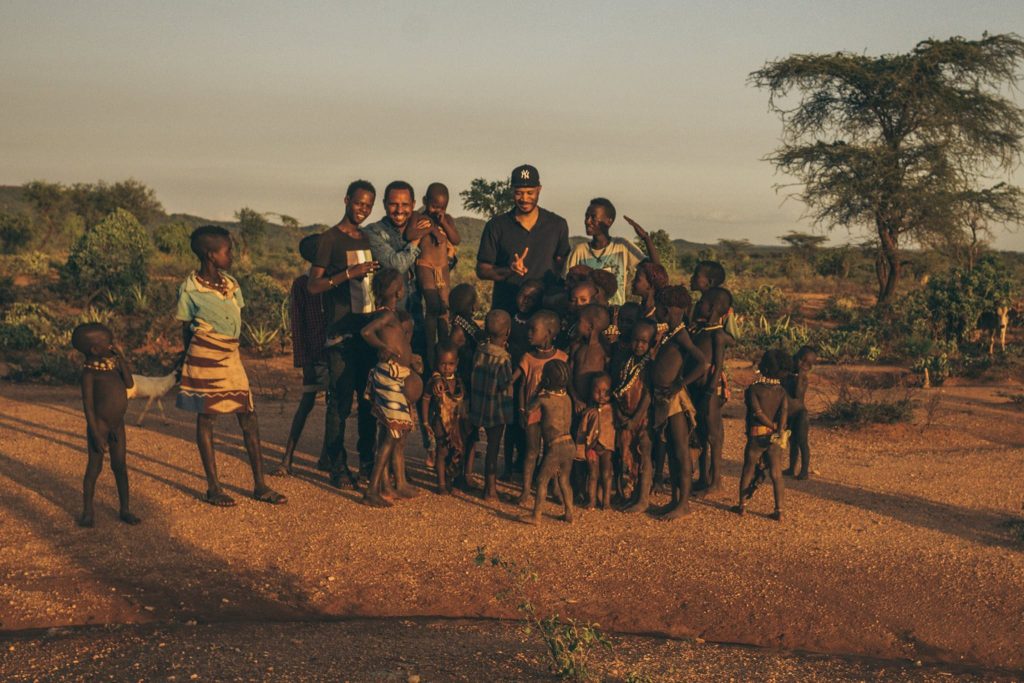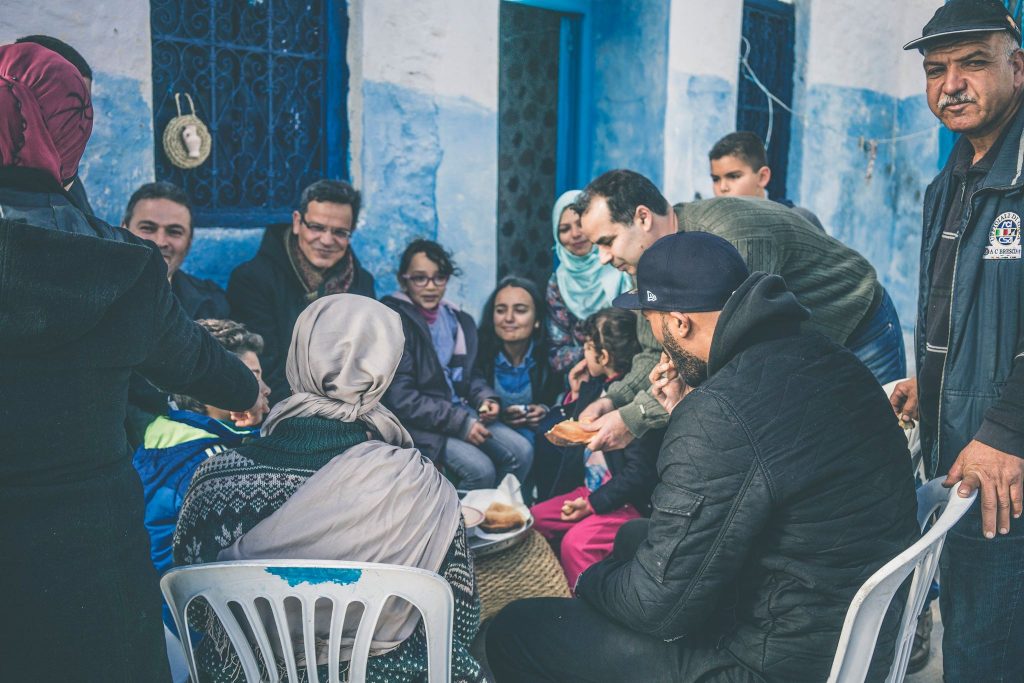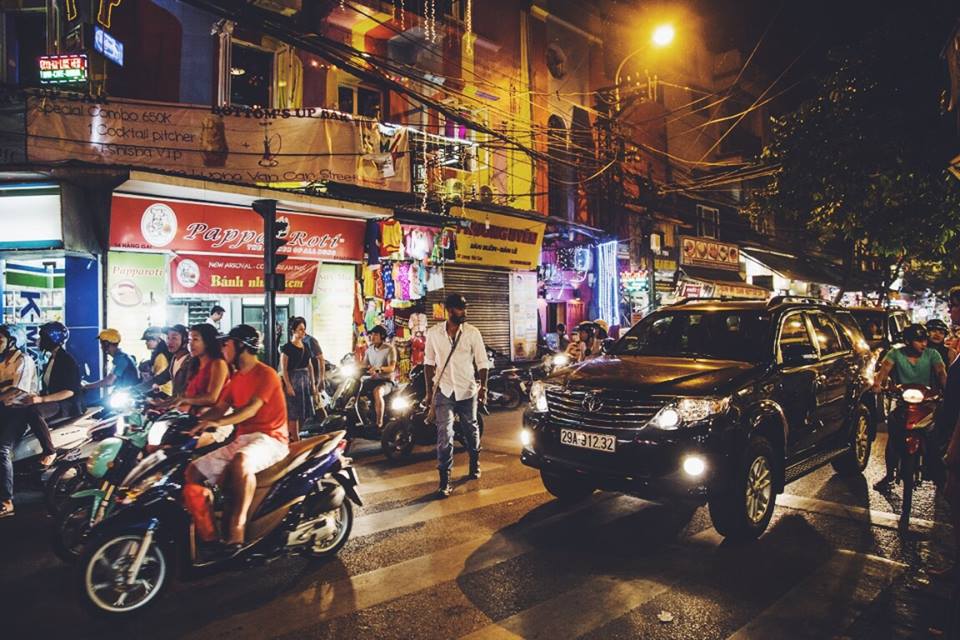
Black People: Stop Complaining About Your Exoticism While Traveling
Exoticism is an “issue” African-American travel bloggers document ad nauseam. Their articles (or tweets) recount anecdotes of stares, unrelenting curiosities and what they might consider offensive questions or gestures during international travel.
Historically, African-Americans and our issues, causes and plights have been treated flippantly by the racial majority here in the United States. And while our collective social status has improved from the days of iron chains and Jim Crow, racism remains one of the few threads consistently utilized in the stitching of America’s flag. All this to say, I understand why some Black travel bloggers are more aware of their other than others. The question I often ponder while traveling is, should I be as hypersensitive to these realities abroad as I am stumbling around my suburban Walmart?
As a kid growing up in South Central Los Angeles, there were rare times where people that looked different somehow found themselves in my neighborhood. Even as a child I recognized they were out of place, and consequently, would stare or ask my mother questions about the strangers. Those experiences are likely why I’m not off-put today by double takes walking in a place like Bratislava, Slovakia. I am, at least in this world, different too. And so is the Black woman backpacking solo around China’s Guangdong Province.
While perhaps an uncomfortable burden to carry, in these environments, we as African-Americans are exotic. And that’s literally by definition. “Introduced from another country: not native to the place where found.” If I don’t want to feel exotic, I know shops, hotels and restaurants in Chocolate City, Brooklyn, Baldwin Hills, and College Park more than happy to take my money. When I knowingly travel to destinations with little or no African populations, I understand what I’m signing up for. And so do these bloggers. If we really want to bolster our passport collections without initially being viewed as outsiders, there is an entire continent we can explore while effectively blending in, our only national identifier being revealed through conversation and lack of an accent.

Passports from my twenties are full of stamps from South and Central America, regions where the African diaspora created populations of Afro-Latinos that also closely resemble me. Three years of high school Spanish eased assimilation during those adventures, so long as conversations remained superficial. On these trips, my skin color was an all-access pass. But I’ve seen little from African-American bloggers discussing how, because they aren’t “gringos”, they got discounts on tours, or invitations to see or do things paler travelers did not.
But in places like Cambodia, or Hungary, I am exotic. We are exotic. I travel embracing that reality because I view my exoticism in these regions is an invitation for dialogue, cultural exchange and a chance to actively combat the stereotypes and racial propaganda peddled by Hollywood for over a hundred years. D.W. Griffith’s grotesque Birth of a Nation debuted in 1915, but it’s offensive and damaging mischaracterization of African-Americans hasn’t been eagerly erased by Hollywood executives. The music industry and news media haven’t been advantageous in dispelling longstanding misconceptions about Black people either.
Black folks are not a monolith. Our ideologies vary. Some of us enjoy our steaks medium and others prefer tempeh. I know more brothers that can’t dribble between their legs than can. And some of us didn’t miss out on sleep when Sweden played diplomatic chicken with A$AP Rocky’s freedom. White America is aware of these things, although some of its communities play a dangerous game of embracing ignorance to justify frailties. Still, I’m relatively confident this self-destructive approach does not always extend outside our borders. Some people are ignorant just because they’ve yet to experience us. The same argument doesn’t extend for 47-year-old Marc from Mobile making fried chicken jokes.
When traveling abroad, we have the gift of serving as ambassadors for our people and ourselves. And by doing so proudly, are able to disrupt misconceptions and fallacies about African-Americans while engaging in cultural exchange. This is what has always lied at the heart of travel for me: a chance to say, “Yes, I am African-American, but I’m also Eric Berry. And you’re Estonian and staring and so is this bartender. Let’s have a drink and discover the ways we’re similar and different so that we can all walk away a bit more evolved than before we sat down.” That is the essence of travel. Not staged pictures for Instagram. Or seizing the opportunity to ridicule unintentional ignorance with clickbait headlines.
It’s time to stop complaining about our exoticism abroad and start celebrating it.
Eric has revolved in and out of passport controls for over 20 years. From his first archaeological field school in Belize to rural villages in Ethiopia and Buddhist temples in Laos, Eric has come smile to smile with all walks of life. A writer, photographer and entrepreneur, the LA native believes the power of connectivity and community is enriched through travel.

